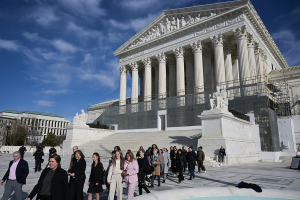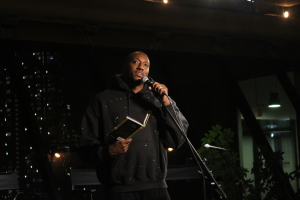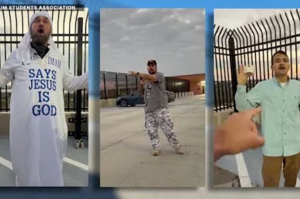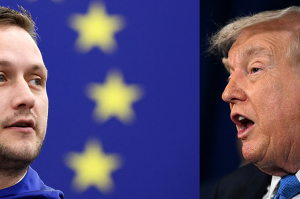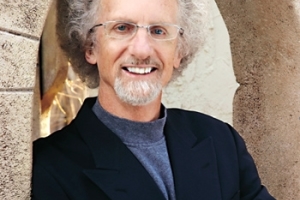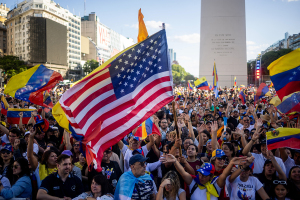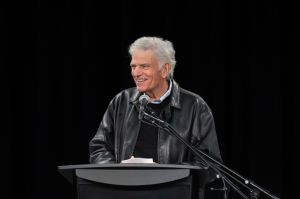Roberto Rivera
Latest
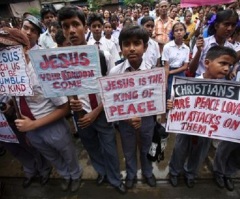
Christians in India face more than COVID-19
Religious freedom shouldn’t be as precarious in India as it has proven to be.

The parents of special-needs children have needs too
The COVID-19 pandemic has given rise to all kinds of “I’m trapped at home with my kids and I’m going out of my mind!” memes, and more than a few articles that would fall into the “first world problems” category.
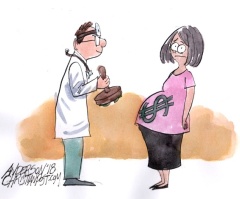
New York legalizes commercial surrogacy: Here's who's driving it
On April 9, right in the middle of New York’s epic battle against COVID-19, the state legislature passed, and Governor Cuomo signed, a bill that legalizes commercial surrogacy.
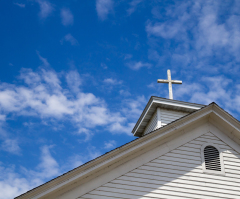
Religious freedom and the coronavirus
That regulations are being issued at four levels of government is just one of the potential problems. The orders not confusing and inconsistent are, at times, being applied and enforced inconsistently.
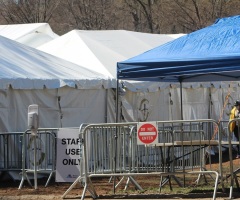
Being salt and light during the coronavirus
Though the world has changed dramatically in the last few weeks, the call for Christians to be salt and light hasn’t.
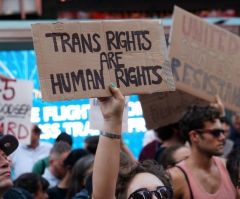
Gender transition surgeries in a global crisis
The simple, historically obvious reality is that much of the LGBTQ movement is a luxury that only a wealthy, technologically advanced, and politically stable society can afford.

What would you say about men competing as women?
Men have, on average, 36% more muscle mass than women. Men tend to be taller, and their bones are thicker and denser.

Deciding who gets treated and who doesn’t
Triage can be defined as “the process of sorting people based on their need for immediate medical treatment as compared to their chance of benefiting from such care.”
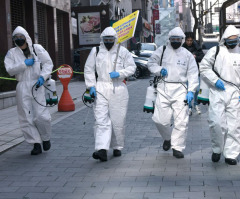
C.S. Lewis and the coronavirus
C.S. Lewis never faced the coronavirus, of course, but in the late 1940s, the world was coming to grips with another threat: nuclear annihilation.

What to do about our kids and 'eco-anxiety'
Doctors and other researchers have discovered a whole new class of psychiatric disorders among young people these days. They’ve labeled it “eco-anxiety,” otherwise known as “climate depression.”





